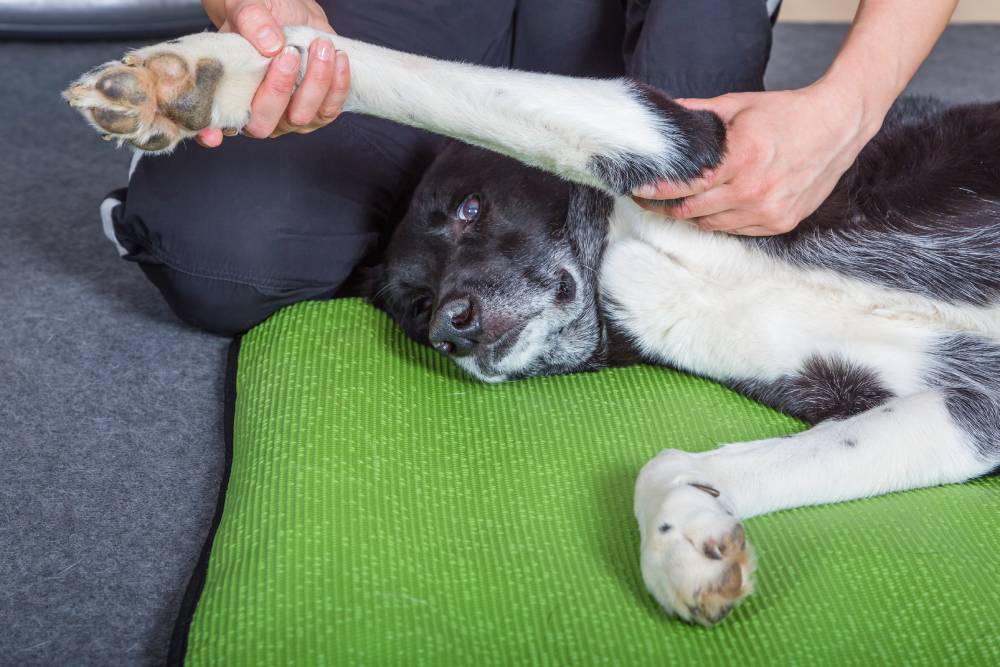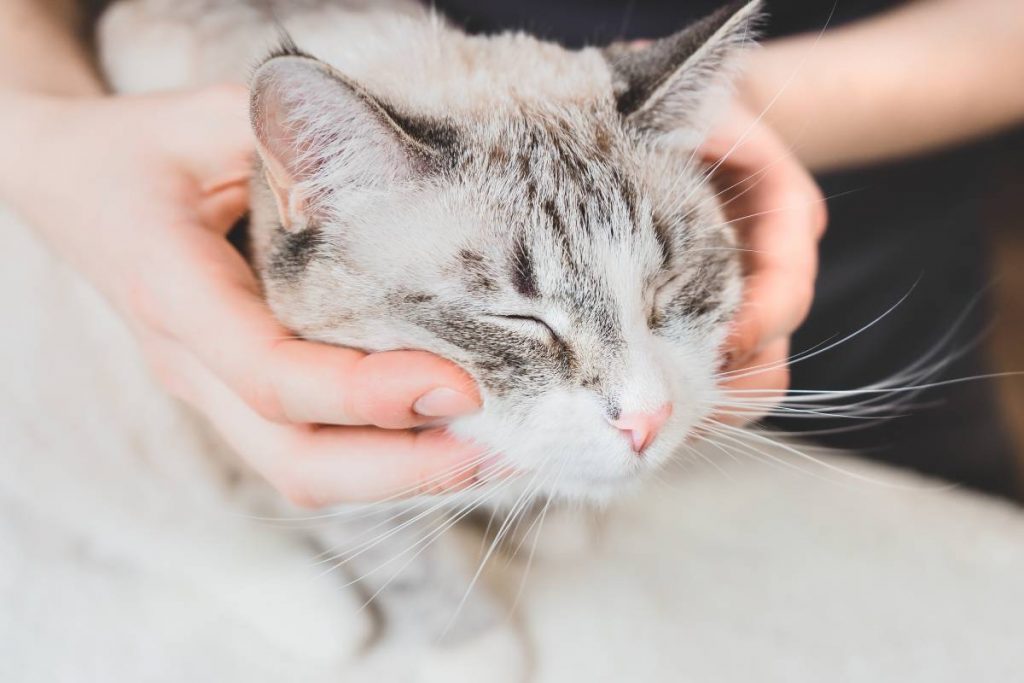What is rehabilitation therapy
At Onevet Porto Veterinary Hospital, we offer non-invasive therapy focusing on the relationships between muscles, bones, nerves, tendons, and ligaments to decrease pain and improve function.Canine and feline rehabilitation employs the same techniques used in human physical therapy to achieve one or more of the following goals:
- Speed recovery from injury or surgery
- Increase mobility and flexibility
- Improve endurance and agility
- Decrease pain
- Promote weight loss
- Maintain function and prevent further problems
- Enhance quality of life

Types of rehabilitation therapies

Patients being treated at our rehabilitation services at Onevet Porto Veterinary Hospital are assessed individually and a treatment plan is designed based on the patient’s needs. Most patients can benefit from a multi-faceted approach, incorporating therapies, such as:
- Massage
- Neuromuscular electrical stimulation
- Passive range of motion and stretching exercises
- Therapeutic laser or ultrasound sessions
- Therapeutic exercise programs
- Underwater treadmill sessions
These techniques can help pets with a wide array of problems and needs. In particular, rehabilitation is beneficial for animals with decreased function, animals with pain related to osteoarthritis, older pets, and those recovering from an injury or surgery.
How to tell if your pet needs rehabilitation
Most pets can benefit from some form of rehabilitation. Some common indications include:
Orthopedic
- Joint surgeries
- Arthritis
- Sports injuries
- Fracture repairs
- Tendon and ligament repairs (i.e. torn cruciate ligaments)
- Hip and elbow dysplasia
Neurologic
- Post-operative spinal or disc surgeries
- Non-surgical intervertebral disc disease
- Wobbler’s syndrome
- Uncoordinated movement (ataxia)
- Peripheral nerve injuries
- Degenerative nerve disease
General
- Chronic pain
- Aging (weakness, stiffness, arthritis)
- Obesity/weight reduction and maintenance
- Strength and fitness training for canine athletes and working dogs

